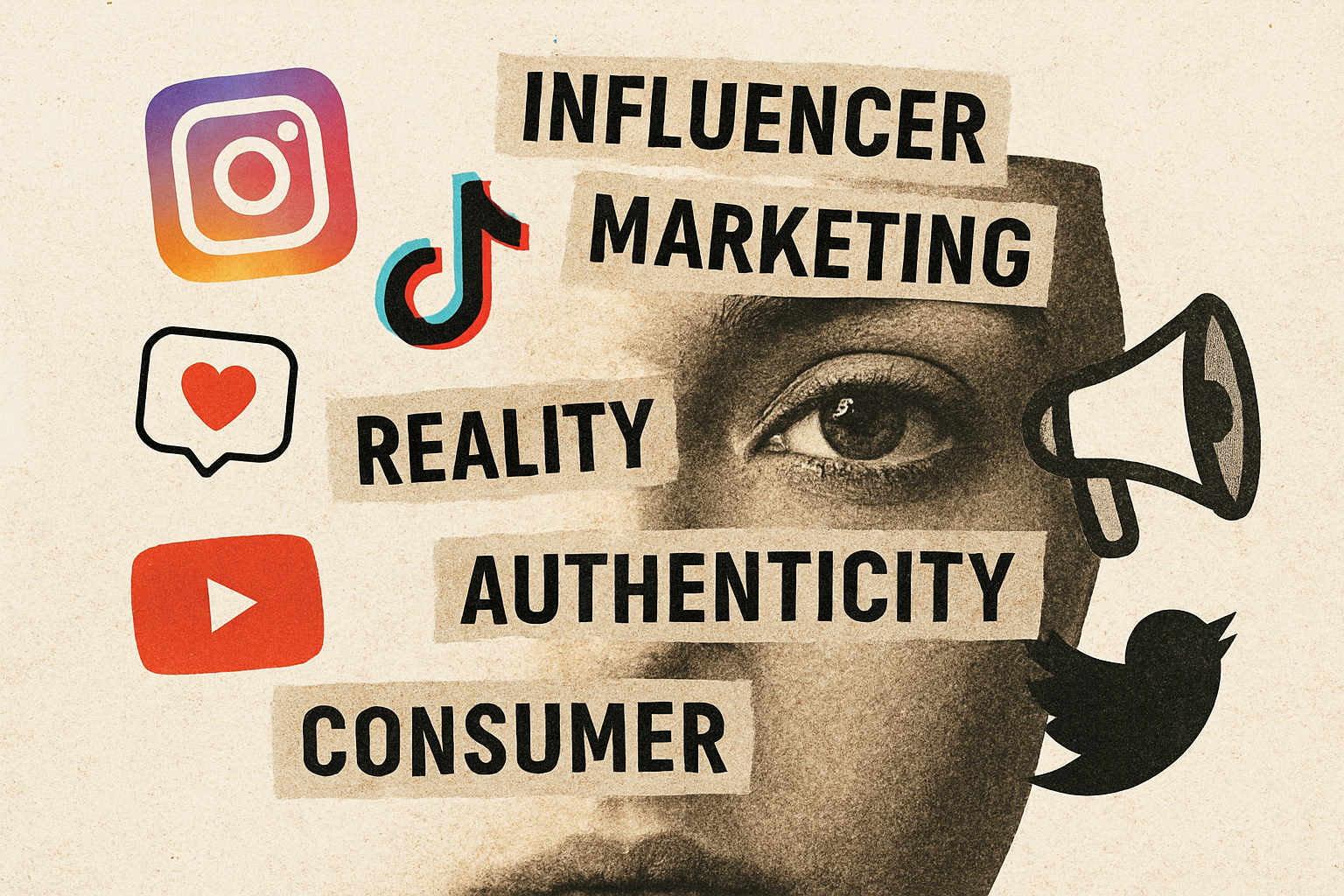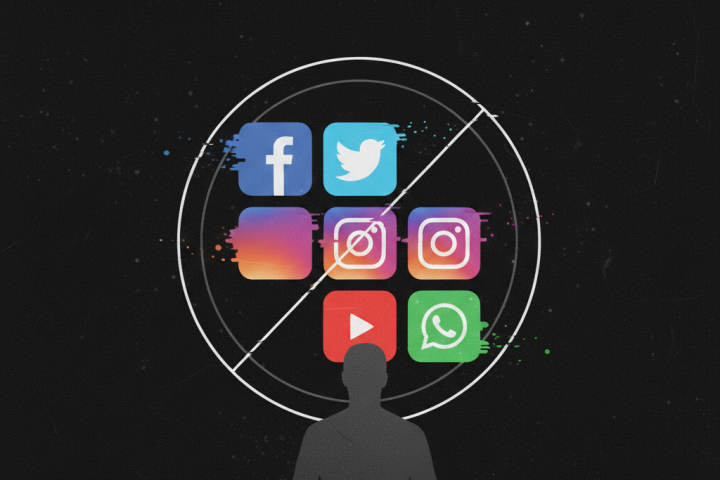Advertisement lives everywhere here in the 21st century. You must have crossed at least two or three ads from the moment you opened your browser to the moment you found this article. This apparently has become the name of the game; social media, streaming services, and even gaming platforms have been steadily increasing their output of ads as this comprises a great part of their revenue stream. Many people do feel the strain of the overwhelming amount of ads and marketing.
There is however a new development in the world of marketing: the influencer. The social media personality who can potentially sway millions of people with just a few words to agree with them or disagree with others. This is, in reality, nothing new. We have been living in a media landscape dominated by influencers for the last ten years at the very least, and in this amount of time we have seen many successes as well as many controversies surrounding the influencers, their products, and their sponsors.
It would be hard for sponsors not to be compelled to approach influencers for advertising their products. They offer many advantages in comparison to traditional media (press, TV, radio). The influencer, can potentially reach millions of people on a faster basis than advertising on a news broadcast. They have a very intimate relationship with their audiences and acquire deep insights of their taste and preferences. The social media platforms, they use are far more accessible than other forms of media consumption. Additionally sponsors, may adapt their business arrangement with each individual influencer depending on their need and their scope; bigger influencers, may get a different contract than a smaller aspiring influencer; this flexibility and availability, have the potential of creating great revenue for a company with a relatively small cost.
The consumers, on the other hand, have a very different relationship with influencers, as we do not necessarily deal with them on a monetary basis; we deal with them in the market of public attention. The time dedicated to watching them is the primary value we give to them, which allows them to provide entertainment, journalism, analysis…The more time we give them, the more they will be gain, as most of the social media platforms reward engagement and watch time. This, in turn, causes moral dilemmas to appear. From now on, we could spend whole weeks arguing all different types of moral quandaries that arise from social media, influencers, consumers, and sponsors. But for the purpose of this article, I want to focus on two of them: the selection of sponsors on the part of the influencer, the “authenticity” that they present to their viewers. As a bonus, how can we as consumers take precautions against them.
Firstly, the selection of sponsors, influencers may end up interacting with brands in several ways; they can be contacted by them, which is normally the case for content creators with a large following or alternatively they could personally contact a brand that they determine to be “politically/morally/spiritually aligned” with them. This gives us two frameworks to understand the process behind their decision-making. In both cases we can argue that the most important decision, to either work or not work with a company, relies on the influencer themselves as they know their reach and see a business opportunity in having a sponsor. This ethical dilemma may show us that apparently we, the audience, may be used as receptors of any marketing with little to no input in deciding that we are interested in a product. However, if the influencer is interested in being true to their audience, they would not choose something that could provide dissatisfaction or harm to their carefully cultivated audience.
This leads us to our second dilemma, the “authenticity” of the influencer advertising their sponsor. An influencer, can play it straight to their audience that they are being sponsored by a company in a very straightforward way; they may be following a script in which they are promoting a product or service. On the other hand, they could try to be “casual” about their sponsorship in which they present it as if it was part of their life and try to persuade their audience by association. Which one of these could be perceived as more authentic? These questions and discussions are called “ethics of authenticity” and they are very much a point of contention as it enters the realm of philosophy; however, we can broadly categorize the two main postures in this discussion.
The first posture argues that authenticity is an ideal which you are always working towards being more honest, more spontaneous, and more individualistic. However, how can you maintain this individualistic approach when you are trying to be as broad as possible to advertise your sponsor?
The second posture argues that authenticity is a social construct, one in which it is by nature, performative, and it only becomes confirmed as such once it is judged by others. Does this mean that if you perform successfully enough, you achieve authenticity and therefore surpass any ethical concerns?
With the ever-increasing trend of misinformation, excessive marketing, and algorithms that demand our attention, we should be able to protect ourselves from third parties that may not be looking for our benefit. I say this not to condemn influencers or sponsors, as they are working their business model as it was designed, but for us consumers, to be more aware of these ploys that they use to grab our time, attention, and money.
From here onward, I would like to propose some personal advice on how we could analyze influencer marketing when we encounter it in the wild:
1. Compare products carefully: Always compare any advertised product with other comparable products, taking into account reviews from different sources. Divergent opinions can often reveal the true quality of a product or service especially when the reviews are not sponsored.
2. Evaluate brand alignment: Consider how well the promoted product aligns with the influencer’s overall brand and content. For instance, if a toy influencer suddenly begins sponsoring a bitcoin platform, the disparity between their usual content and the sponsor’s focus should raise a red flag.
3. Judge with informed subjectivity: Assess the influencer based on the knowledge you already have of them. This is inevitably a subjective process, but you can frame it through whichever perspective of the “ethics of authenticity” resonates with you. Even the simple act of questioning rationally may provide valuable insight into the possible intentions behind both the sponsorship and the influencer.
Hopefully, by being more aware of our relationship with the influencers we interact in our daily life and the products they attempt to advertise to us, we can have a better grasp of how to interact with media in general as they use very similar strategies so we as consumers and audience can become more selective with the social media we consume.













